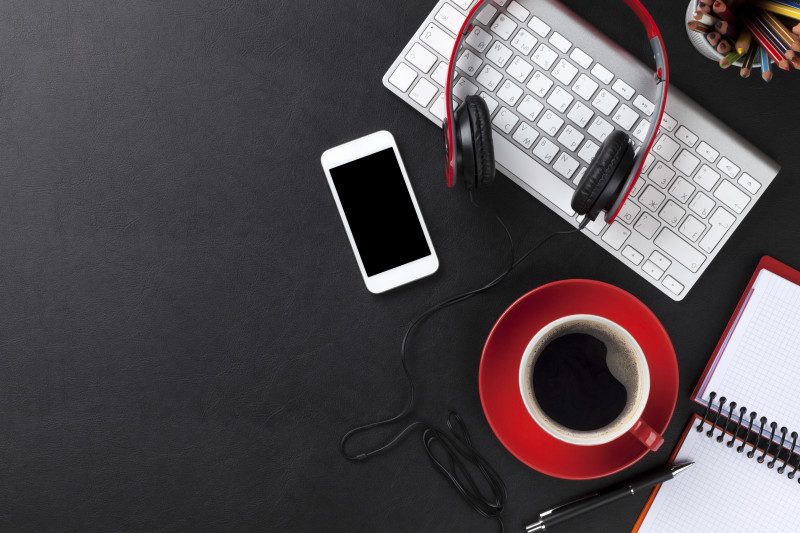If you are part of the millennial generation, congratulations! You’re already considered a tech wiz! The bad news is, however, even though we’re considered the most tech-forward generation, we’re pretty far behind in being the most cyber-savvy generation.
Not So Cyber-Savvy
Despite being the first generation to have grown up on the Internet, studies indicate millennials can be surprisingly unaware of cyber threats.
US News & World Report cites a study published last year by the National Cyber Security Alliance and Raytheon. The study found that 72 percent of the 1,000 millennials surveyed had connected to public wireless networks that were not secured with passwords. Additionally, 52 percent of respondents had plugged in a USB device given to them by someone else.
Another Raytheon study in 2013 reported that 23 percent of millenials admitted to sharing an online password with a nonfamily member in just that year.
In contrast, another study by Webroot revealed that baby boomers were better at securing their mobile devices and computers than millennials. For example, 49 percent of baby boomers reported having antivirus solutions installed on their devices – 10 percent more than their millennial counterparts. The findings also showed that baby boomers were primarily concerned about protecting financial and personal identifiable information like Social Security numbers, while millennials were more concerned about social media usernames and passwords.
Tips to Being Cyber Savvy
Not only do we need to improve cybersecurity awareness for our own personal safety, but it’s also important for our careers. If you’re looking to work in government, you have to be conscious of good cybersecurity practices. Careless password and social media use can actually endanger you, the US government, and the citizens it serves, which makes cybersecurity awareness all the more important.
We’re all guilty of bad cyber habits, but all is not lost for our generation. Here are some tips to help you be more cyber savvy:
- Back it up. We all know that feeling of utter devastation. You know, when your computer crashes just as you’re finishing that all-nighter paper and you realize you forgot to save everything. Backing up mobile devices is an important defensive measure in recovering from attacks by cybercriminals or device loss and is a good habit to start regularly practicing.
- Keep your antivirus software up to date. Procrastination or forgetting to renew your antivirus programs is no longer acceptable. Make sure that antivirus software is installed on mobile devices and that the subscription is current. See this list of the top 10 antivirus software programs.
- Avoid free public wireless internet. As part of the generation that loves anything that’s instant and free, I’m definitely guilty of jumping on to unsecured public Wi-Fi. Cybercriminals, however, are known to create ad hoc networks that look like free Internet, but actually launch a “man in the middle” attack. Whether it’s your personal device, or especially if it’s a work device, it’s always best to stick to secure networks or create a mobile hotspot with your smartphone.
- Keep devices with you at all times. Be aware of where mobile devices are, as they are hot targets for theft. Use passwords on your phone, laptops, and never leave your devices unattended.
Yes, I’ve definitely asked the nice stranger sitting next to me in the coffee shop to watch my laptop while I get up to use the restroom. But as much as I’m all for “love thy neighbor,” this is a really risky thing to do. It’s better to keep your eyes on your devices at all times. Bring them with you to the restroom if you have to.
- Don’t use the same passwords. There are so many passwords to remember, but using your dog’s name for your bank, your work, and your iTunes is simply unsafe. Differentiate your passwords and make each one strong by mixing capitals, lowercases, numbers, and symbols. If you can’t remember them by heart, write them down somewhere that’s not easily accessible, like a locked diary or a phone with a passcode. Always lock computer or mobile devices if you’re away from your desk to ensure data remains secure, even if you’ll only be stepping away for a minute.
- Use good judgment. Be extra vigilant about the websites visited, the URLs followed, and the applications and mobile apps used. And really think about what you want people to know about you when it comes to social media.
I remember sitting in a State Department security training and they brought up a notorious example of an intern who was on tour with the Secretary of State. She geo-tagged every location where the Secretary was. Such carelessness almost cost her jail time. I’m not trying to scare anyone here, but simply think: if I share this information how would a cybercriminal be able to exploit me?
Cyberthreats will only continue to evolve in sophistication, so it’s up to us as the next generation in public service to learn how to counter such threats. Let’s not settle for being just the most tech-savvy generation, let’s also become the most cyber-savvy.
This post is part of GovLoop’s millennial blog series, First 5.





Leave a Reply
You must be logged in to post a comment.